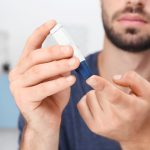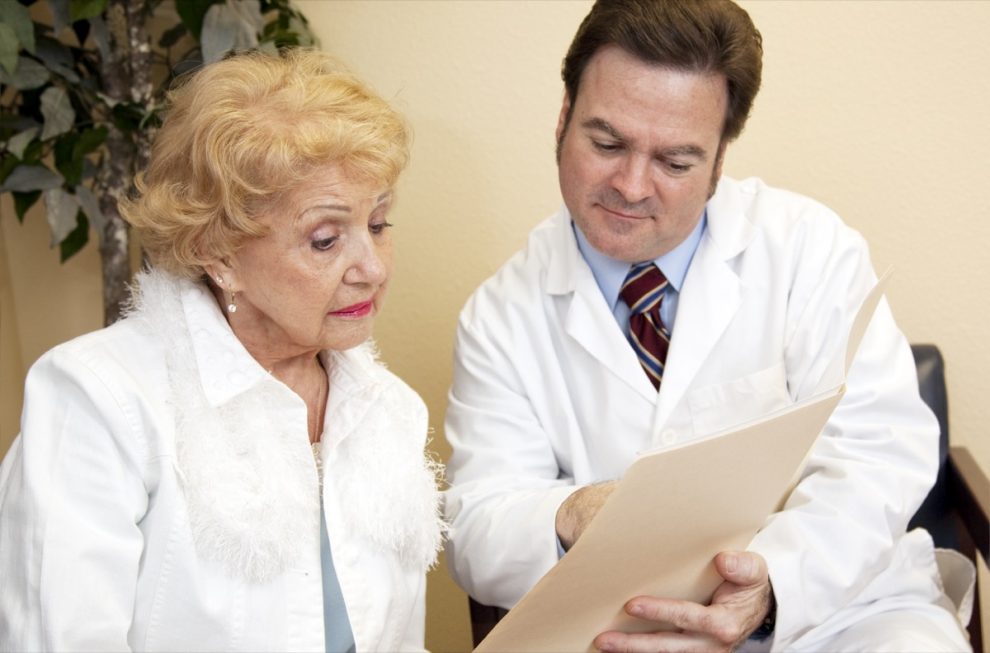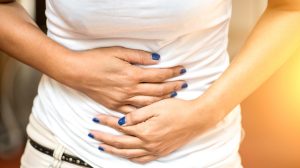Fecal microbiota transplantation, or antidepressant grafts, are being used to treat a number of chronic bowel conditions, including ulcerative colitis. New research from Australia suggests an efficient treatment for ulcerative colitis, a type of inflammatory bowel disease which leads to inflammation of the large intestine and the rectum. The study points to some type of feces microbiota transplantation; nonetheless, poop transplant, which yielded a vast improvement in people’s symptoms and, in several case, remission of the disease. This was discovered in people with mild to moderate ulcerative colitis. For all those unfamiliar colitis is among the ailments that falls under the broad umbrella of IBD, conditions that result in chronic inflammation of the gastrointestinal tract.
While Crohn’s disease affects the whole digestive systemcolitis strikes the colon, or large intestine, and the rectum, especially, in accordance with the CDC and Prevention. IBD is widespread, along with CDC coverage which, in 2015, 1.3 percent of adults in the US, approximately 3 million people, had a diagnosis of either Crohn’s or ulcerative colitis. For contrast, only 16 years before that number stood at 2 million individuals. Ulcerative colitis can vary in seriousness. Symptoms may include diarrhea, abdomen pain and cramps pain or bleeding, weight reduction, fatigue, and fever. Causes remain a mystery to physicians, but you ought to consider speaking to your doctor if you notice any changes in the bowel function, including abdomen pain, bloody feces, persisting diarrhea, and fever that last longer than a day, according to Mayo Clinic.

Ulcerative colitis is severe. Individuals who’ve this condition is at higher risk of colon cancer. FMT involves transplanting feces samples from a healthful donor to someone with the condition such as ulcerative colitis. The goal is to transfer the very useful gut bacteria from the healthful donor so the individual with IBD can restore balance in their intestinal microbiome. At the new study, the researchers looked at 73 adults who’d mild to moderate active ulcerative colitis. A few of the participants were given FMT which was anaerobically processed, meaning that it was prepared in an oxygen free environment. The others were given their very own feces via a colonoscopy, followed by 2 enemas over the duration of seven days.
The FMT which was prepared in an oxygen zone led to some 32 percent remittance rate for the disease compared to just 9% for all those men and women who were given a placebo. Preparing the samples without oxygen seemed to be key for this therapy. Many gut bacteria die with exposure to oxygen and people know that with anaerobic feces processing, a lot of donor bacteria live so they can be administered at the patient, lead author Dr. Sam Costello, gastroenterologist at the Queen Elizabeth Hospital and lecturer at University of Adelaide’s Medical School, stated in a media release. We believe this could possibly be the reason we’d a fantastic therapeutic effect with just a small number of remedies.















Add Comment